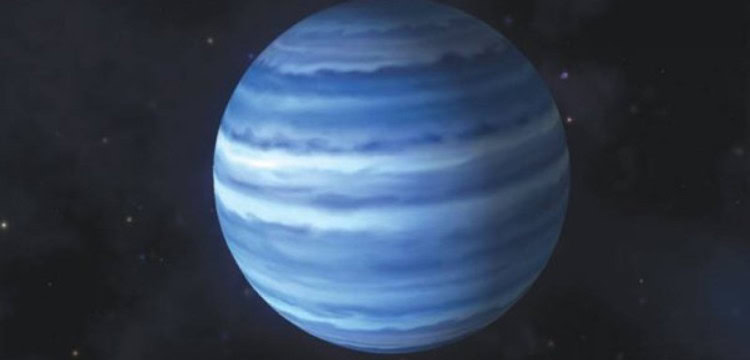The planet HD 189733b, discovered in 2005, is a scorching hot gas giant slightly larger than Jupiter. It is known for its striking cobalt blue color and molten glass rain that blows sideways in fierce atmospheric winds. Recently, scientists added to its extreme reputation by detecting hydrogen sulfide, the chemical compound behind the stench of rotten eggs, in its atmosphere using new data from the James Webb Space Telescope. This marks the first detection of hydrogen sulfide on any exoplanet.
Astrophysicist Guangwei Fu of Johns Hopkins University, the lead author of the study published in Nature, noted that this stinky smell adds to the planet’s infamous reputation. HD 189733b is a “hot Jupiter,” a gas giant similar to Jupiter but much hotter due to its close proximity to its host star.
Read more: OceanGate’s Co-Founder Asserts Capability to Safely Transport Humans to Venus
The planet orbits 170 times closer to its star than Jupiter does to the sun, completing an orbit every two days compared to Jupiter’s 12 years. Located 64 light-years from Earth in the constellation Vulpecula, its close distance makes it bright and easy for detailed studies.
HD 189733b’s host star is smaller, cooler, and only about a third as luminous as the sun. This star is part of a binary system, meaning it is gravitationally bound to another star. The James Webb Space Telescope, operational since 2022, observes a wider wavelength range than earlier space telescopes, allowing for more thorough examinations of exoplanet atmospheres. The new data from Webb has provided a fuller picture of this extreme and well-studied exoplanet.









